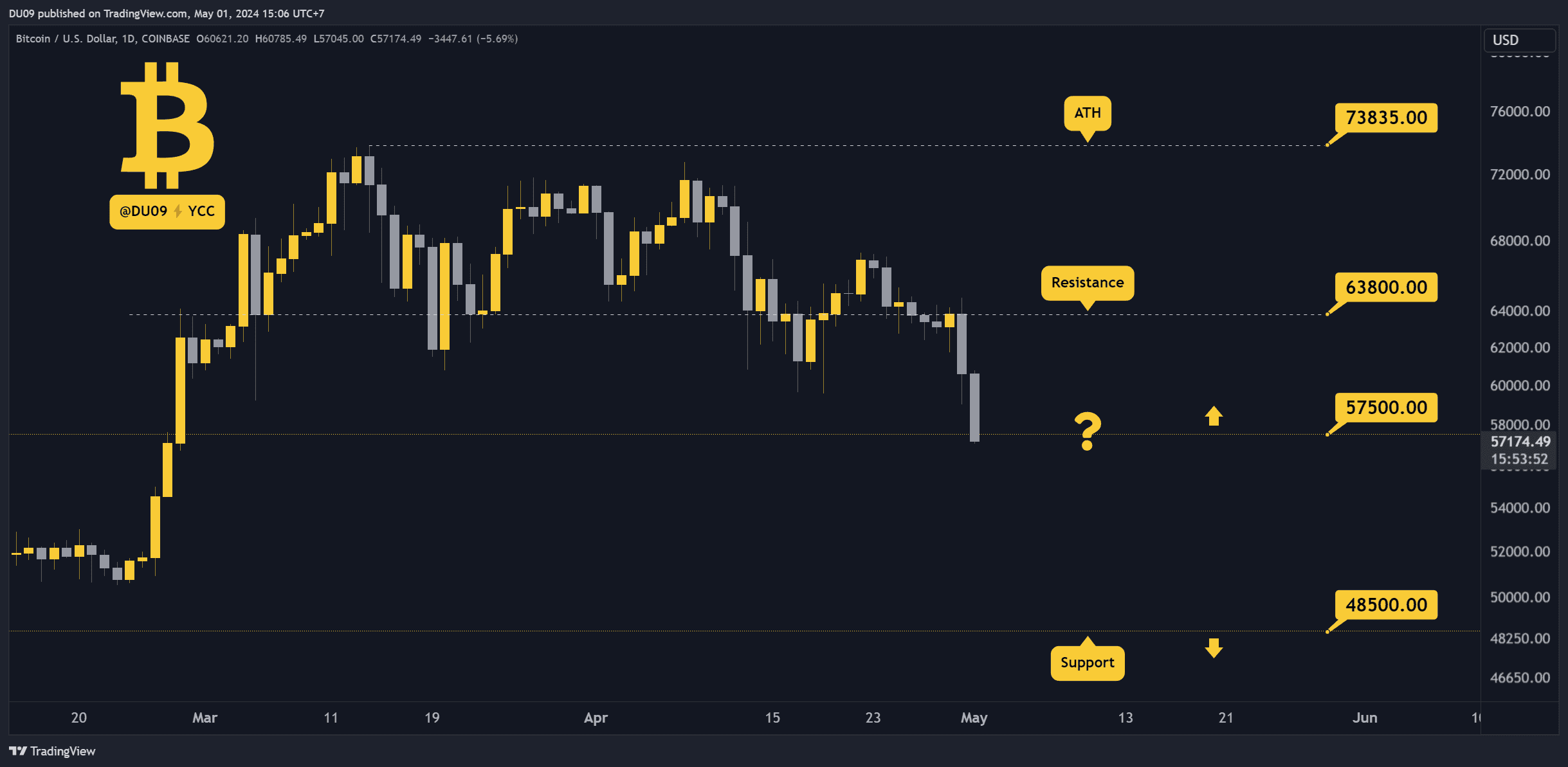South Korea Seized $47M Worth of Crypto From Wealthy Tax Dodgers
The authorities of South Korea confiscated the cryptocurrency holdings of 12,000 people. The locals received charges of tax evasion, and 53 billion won or $47 million worth of BTC, ETH, and other digital assets were seized from them.
The Largest Crypto Seizure for Back Taxes in Korean History
Following a months-long investigation, the officials in the most populated South Korean province – Gyeonggi – targeted 12,000 wealthy residents under suspicion of tax avoidance.
The British daily newspaper Financial Times recently reported that the authorities seized 53 billion of the local currency ($47 million) worth of digital assets from the tax dodgers. Kim Ji-ye – the director of the Gyeonggi Province Fairness Bureau – outlined that all Koreans should abide by the law and no exceptions are tolerated:
”We will do our utmost to protect law-abiding taxpayers and fulfill our fair taxation mandate by probing and tracing assets that tax dodgers may be concealing in the midst of the recent cryptocurrency trading fervor.”
Gyeonggi officials praised this operation as the largest ”cryptocurrency seizure for back taxes in Korean history.” They added that the tax dodgers had used local trading venues to hide virtual assets.
Interestingly, a famous television host and a doctor are among the 12,000 wealthy Koreans with confiscated digital assets.
South Korea’s Crypto Regulations
The Asian country is one of the most active crypto markets worldwide. However, Korean officials have put strict legislation on dealing with digital assets.
For example, in March this year, the country’s financial regulator, the Financial Services Commission (FSC), announced new possible penalties for cryptocurrency exchanges based or operating in South Korea if they fail to comply with existing anti-money laundering (AML) rules.
More precisely, these are the requirements: failure to report suspicious transaction activities, failure to keep relevant data on such transactions, and failure to keep separate management of customers’ transaction records.
Additionally, the Korean’s government plans to implement a 20% tax on profits gained from digital asset trading next year. Interestingly, most locals were in favor of such a rule.
A survey revealed that nearly 54% of the poll participants backed up the government’s taxation plans, while only 38% were against them. It is worth noting that females and older Koreans were more supportive of the idea. On the contrary, younger generations and males opposed it.









